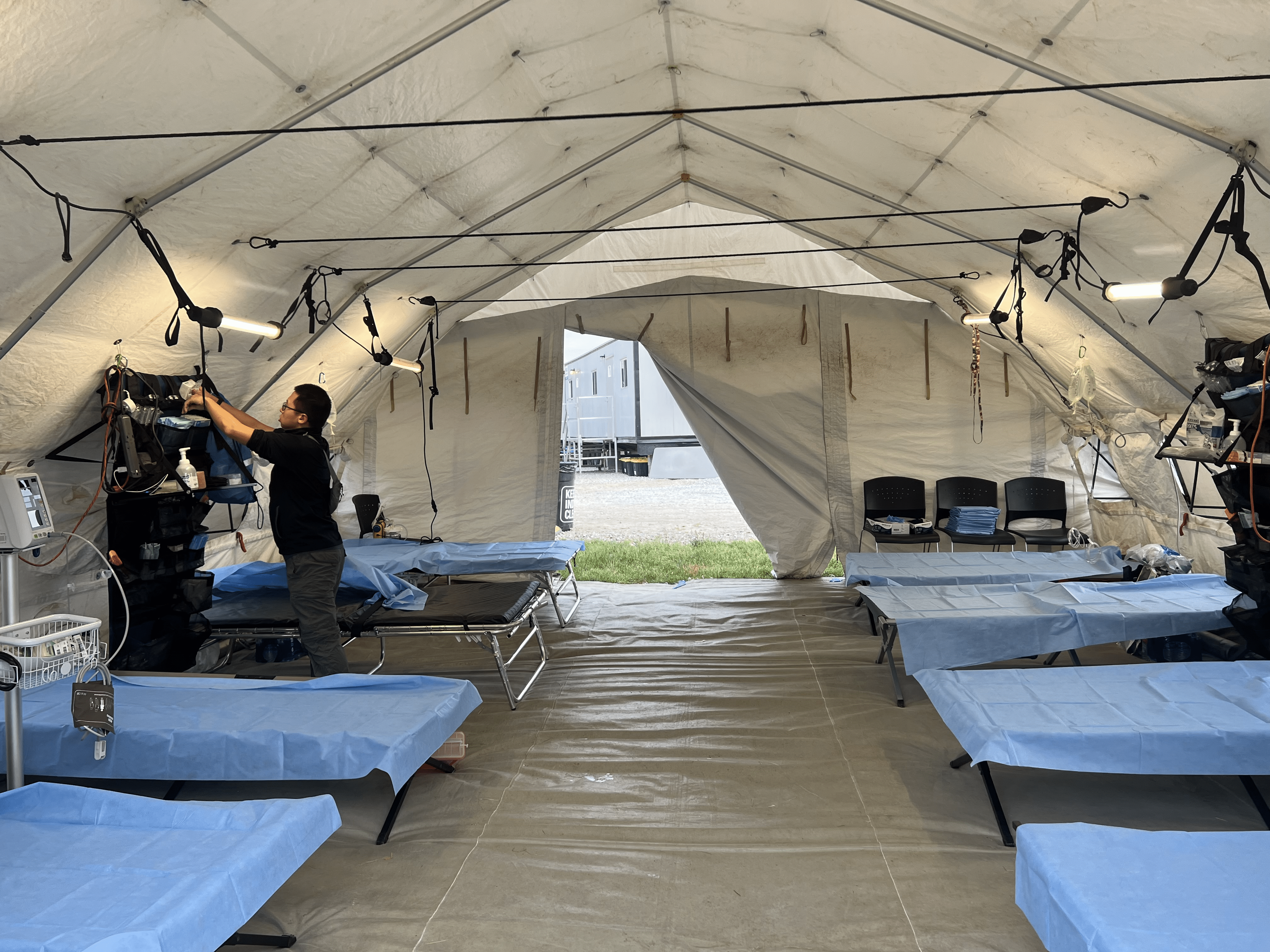Inpatient Consult Service/Indiana Poison Center
Monthly coverage for covered hospitals and the Indiana Poison Center- Fellows take call seven days per month, including one weekend.
- In addition to the fellow, a faculty member is available 24 hours a day for staffing or direct patient care.
- Call is taken from home.
Shift Requirement
- The fellow is responsible for working clinical hours in the emergency department as part of the curriculum. The clinical requirement is greater in the first year. The exact number of hours varies, but the range is approximately 2.5-4.5 shifts per month.
- Additional moonlighting is permitted if program requirements are met.
Bedside Consultations
- The fellow is responsible for toxicology consultations at IU Health Methodist Hospital, IU Health University Hospital and Riley Hospital for Children at IU Health from 7 am-4 pm, Monday through Friday, during months on service (at least 12 months over the two years).
- The fellow will also be involved in selected addiction consultations at IU Health Methodist Hospital with the toxicology faculty.
- In 2023, over 600 patients were seen in bedside consultation.
Daily Rounds
- The fellow leads daily rounds with rotating learners and staff.
- As part of a group, the fellow reviews poison center cases three days a week.
Outpatient/Forensic Toxicology
Neuro-Toxicology Clinic
- The clinic is typically one to two days per month and involves seeing patients referred for neurotoxicology issues, such as cognitive impairment, movement disorders and neuropathy.
- The fellow is responsible for seeing assigned patients in the clinic with Dr. Laura Tormoehlen.
- The fellow completes neurotoxicology education, including dedicated neurotransmitter review.
Addiction Clinic
- Fellows will attend addiction clinic as part of their addiction rotation, and may schedule additional clinic experiences as desired.
Forensic Cases
- The fellow researchers specific topics related to pathologic, criminal or legal cases.
- This experiences helps the fellow develop the skill set necessary to become an expert in both criminal and legal proceedings involving medical toxicology.
- The fellow participates in quarterly didactics on forensic and medicolegal topics.
Didactics
The fellow is involved in an ongoing didactic series designed to cover both pertinent material for the management of toxicology patients and to prepare for the Medical Toxicology Board Examination.
Didactics include:
- Weekly readings
- Weekly journal clubs designed to review both current and historical articles
- Review of selected interesting clinical cases with the group
- Monthly presentations on selected topics in toxicology
- Quarterly forensic toxicology meetings
- Dedicated junior faculty development program hosted by the Department of Emergency Medicine covering topics such as teaching and presentation skills, time management and wellness.
- Faculty to fellow directed didactic teaching on advanced topics in toxicology

